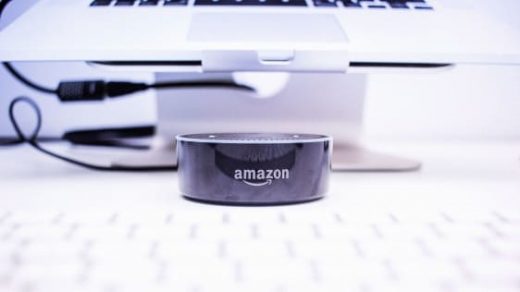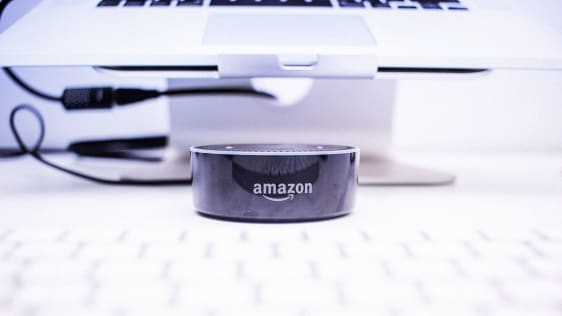The Government Is Knocking On Amazon’s Door A Lot More Often
As Amazon expands into new business areas, builds out its platforms, and deepens the level of personal data it collects about customers, the company is becoming a more frequent target of government and law-enforcement officials seeking information to help them with criminal cases and other legal efforts.
According to its most recent Information Request Report, Amazon received 1,618 subpoenas and 229 search warrants during the first six months of 2017–the highest for both categories since the e-commerce giant began reporting the data. An analysis of the data also shows the number of requests Amazon receives jumped significantly after 2015, with subpoenas and search warrants now more than double what they were during the first half of that year.
The reason for the jump in requests is not clear, as Amazon doesn’t break down the types of information sought or which services the data requests are related to. A typical request might come from a court seeking to unmask a third-party seller suspected of trading in fraudulent goods or a prosecutor interested in a criminal suspect’s purchase history.
In terms of Amazon’s data-collecting abilities, though, it’s worth noting the relatively recent emergence of Echo, which was released in mid-2015 and has since become a top-selling item on Amazon.com. The voice-enabled smart speakers not only give Amazon a new entry point into the homes of millions of households, it also offers fresh opportunities to learn more about the desires of consumers–which, in turn, could give law enforcement officials new reasons to knock on Amazon’s door.
In one notable case last year, Amazon fought a demand from an Arkansas prosecutor seeking Echo recordings in relation to a murder investigation, arguing that the request was overly broad. The legal fight ended when the suspect okayed the release of the data. The murder charge was ultimately dropped.
Amazon did not respond to questions about whether the rise in data requests is related to Echo.
Nate Wessler, a staff attorney at the ACLU who focuses on privacy, says it would probably be a relatively small subset of cases where recordings picked up by a smart speaker happen to be relevant to criminal activity. Still, he said the growing proliferation of smart speakers like Echo and Google Home raises new privacy concerns, as consumers might not be thinking about smart speakers as recording devices that capture and save personal data.
“They’re very convenient,” Wessler says. “They make life easier in some ways, maybe more interesting, maybe more fun. But people shouldn’t have to give up their privacy rights in order to participate in digital society as these devices proliferate.”
Tech companies say their smart-speaker devices don’t record what we’re saying unless they’re enabled by a wake word. In Echo’s case, that’s “Alexa.” In a legal context, courts would likely treat Echo recordings in the same way that they treat text-based search queries collected by Google or Bing-although Wessler says there’s not a lot of case law on the subject.
“I don’t think there’s any good privacy-based reason to treat those differently,” Wessler says. “Both are reflecting the content on someone’s mind and maybe very intimate details about what they’re looking up online.”
Amazon released its first biannual transparency report in 2015, following in the footsteps of companies like Facebook, Twitter, and Google, which have made such disclosures part of their regular efforts to be more up front about what types of information they share with the government. In comparison to those data-vacuuming behemoths, Amazon still receives relatively few data requests. For instance, it received only 415 search warrants in all of last year, whereas Facebook was served with more than 28,000.
If nothing else, though, Amazon can probably expect to be on the government’s mind more and more frequently as it continues to grow.
Fast Company , Read Full Story
(16)



